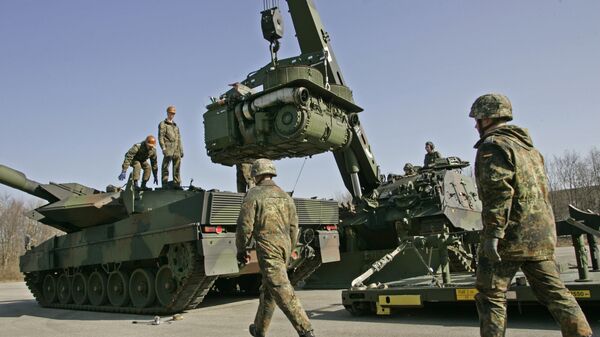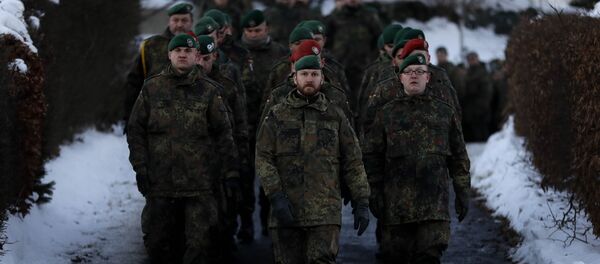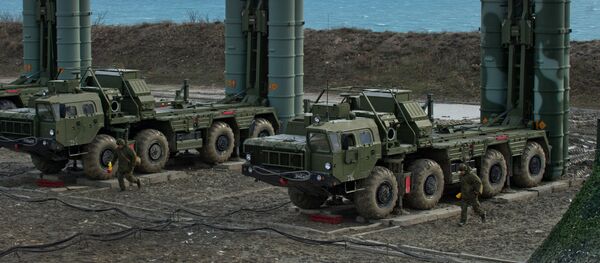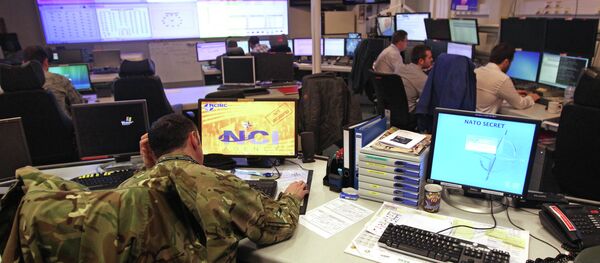Sputnik: Why is Berlin taking a step to cut its military budget notwithstanding US calls to meet NATO's quota? It's very interesting; relations have become increasingly frosty between Germany and the US ever since Donald Trump came to power. So, it's an interesting bit of news.
READ MORE: Trump Says Considering Possible Brazilian NATO Membership
Sputnik: We also know that US Ambassador Richard Grenell has already expressed regret about Germany's move. What could Washington and the administration do in response to Germany's reneging on boosting military expenditures? They are not going to view this action very positively, that's for sure. I'm sure there are going to be a few tweets from President Donald Trump with regard to sticking the knife in. What can you add to that?
So, the insistence on spending is important for a number of good reasons, but an alliance is, first of all, a political matter. And here, of course, things are not easy, but they can't be easy after 70 years of an alliance that has had its own successes and well this needs patient hammering out. The important thing is that the counterparts among the allies have enough patience, and don't think that just with a quick dash you can solve these problems that are very old. Imagine that Germany immediately spends 2 percent, the absorption capability of that 2 percent inside that machinery, by Germany's admission at least in several German newspapers, would not be immediate because there are things that need to be caught up, and this takes time.
READ MORE: Norway Claims 'Electronic Proof' of Russian GPS Jamming During NATO Drills
Alessandro Politi: No. Of course, your worries are based on facts. But on the other hand, personalising issues — the US is represented by Trump, but the US is in its position within NATO. So, the last Berlin summit was very clear in its own written document on things that must be done and that are agreed by all because NATO functions only if there is a consensus; it's not the Warsaw Pact that was existing many decades ago. So, that is a consensus and they think it's still reasonably solid. Of course, there are differences between one president and the other, and, of course, there are issues that are sensitive, you named them already. But I must remember that when the Soviet Union was the enemy, not just a regional competitor or whatever, European countries accepted the receipt of Soviet gas. Of course, at that time our American friends had some problems, but in the end, everything went quite smoothly. Now the situation has changed, Crimea is an extremely serious issue, but there are different levels where different issues can be treated accordingly.
The views expressed in this article are those of the speaker and do not necessarily reflect those of Sputnik.







